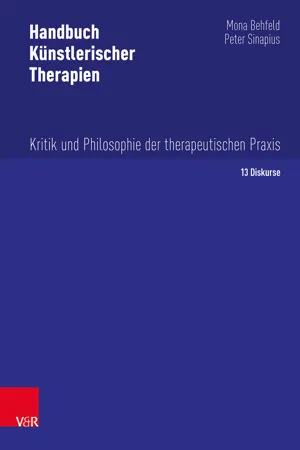
Reformed Historical Theology
Active Justification and Definitive Sanctification in the Soteriology of Bavinck, Comrie, Witsius, and Kuyper
- 264 pages
- English
- PDF
- Available on iOS & Android
Reformed Historical Theology
Active Justification and Definitive Sanctification in the Soteriology of Bavinck, Comrie, Witsius, and Kuyper
About this book
For more than two millennia believers have struggled with the antinomy of God's absolute sovereignty over and man's ultimate responsibility in justification and sanctification. Theologians have used some version of the terms »active justification« and »definitive sanctification« in an attempt to illuminate this mystery. However, in the past decade scholars have begun to criticize these concepts, saying that they are unsupported in Scripture, lead to theological confusion, and are of no practical benefit to believers.Through the work of theologians from the broader Dutch Reformed tradition, especially Herman Bavinck, Alexander Comrie, Herman Witsius, and Abraham Kuyper. Jae-Eun Park demonstrates that the terms »active justification« and »definitive sanctification« are derived from Scripture and serve to clarify, not obscure the doctrines of justification and sanctification. In addition, the book shows that neglect, misuse, or misunderstanding of the terms have resulted in contemporary criticisms that are unconvincing and unfounded.Writings of the aforementioned theologians define and expound four characteristics held in common between active justification and definitive sanctification, i.e., inseparability, objectivity and decisiveness, Christ-centeredness, and God's absolute sovereignty – concepts of the mentioned theologians. All four characteristics of active justification and definitive sanctification emphasize the »God-driven« nature of salvation.Jae-Eun Park explains how – when properly defined and presented – the two terms are important theologically, bringing clarity to the issue of the perfect balance between God's sovereignty and human responsibility in salvation. He also shows how active justification and definitive sanctification offers practical assurance of their perseverance unto glory to true believers, and provides pastors with an invaluable tool for exhorting parishioners who may have lapsed into either triumphalism or defeatism.
Frequently asked questions
- Essential is ideal for learners and professionals who enjoy exploring a wide range of subjects. Access the Essential Library with 800,000+ trusted titles and best-sellers across business, personal growth, and the humanities. Includes unlimited reading time and Standard Read Aloud voice.
- Complete: Perfect for advanced learners and researchers needing full, unrestricted access. Unlock 1.4M+ books across hundreds of subjects, including academic and specialized titles. The Complete Plan also includes advanced features like Premium Read Aloud and Research Assistant.
Please note we cannot support devices running on iOS 13 and Android 7 or earlier. Learn more about using the app.
Information
Table of contents
- Title Page
- Copyright
- Body
- Preface
- 1. Introduction
- Part I: Definitive Sanctification and Active Justification Defined
- 2. Definitive Sanctification
- 3. Active Justification
- Part II: The Four Parallel Characteristics of Active Justification and Definitive Sanctification
- 4. Parallel Characteristic No. 1: Inseparability in Herman Bavinck
- 5. Parallel Characteristic No. 2: Objectivity and Decisiveness in Alexander Comrie
- 6. Parallel Characteristic No. 3: Christ-centeredness in Herman Witsius
- 7. Parallel Characteristic No. 4: God's Sovereignty in Salvation in Abraham Kuyper
- Part III: The Soteriological Significance of Active Justification and Definitive Sanctification
- 8. Theological and Practical Significance of Active Justification and Definitive Sanctification
- 9. Conclusion
- Bibliography
- Author Index
- Subject Index